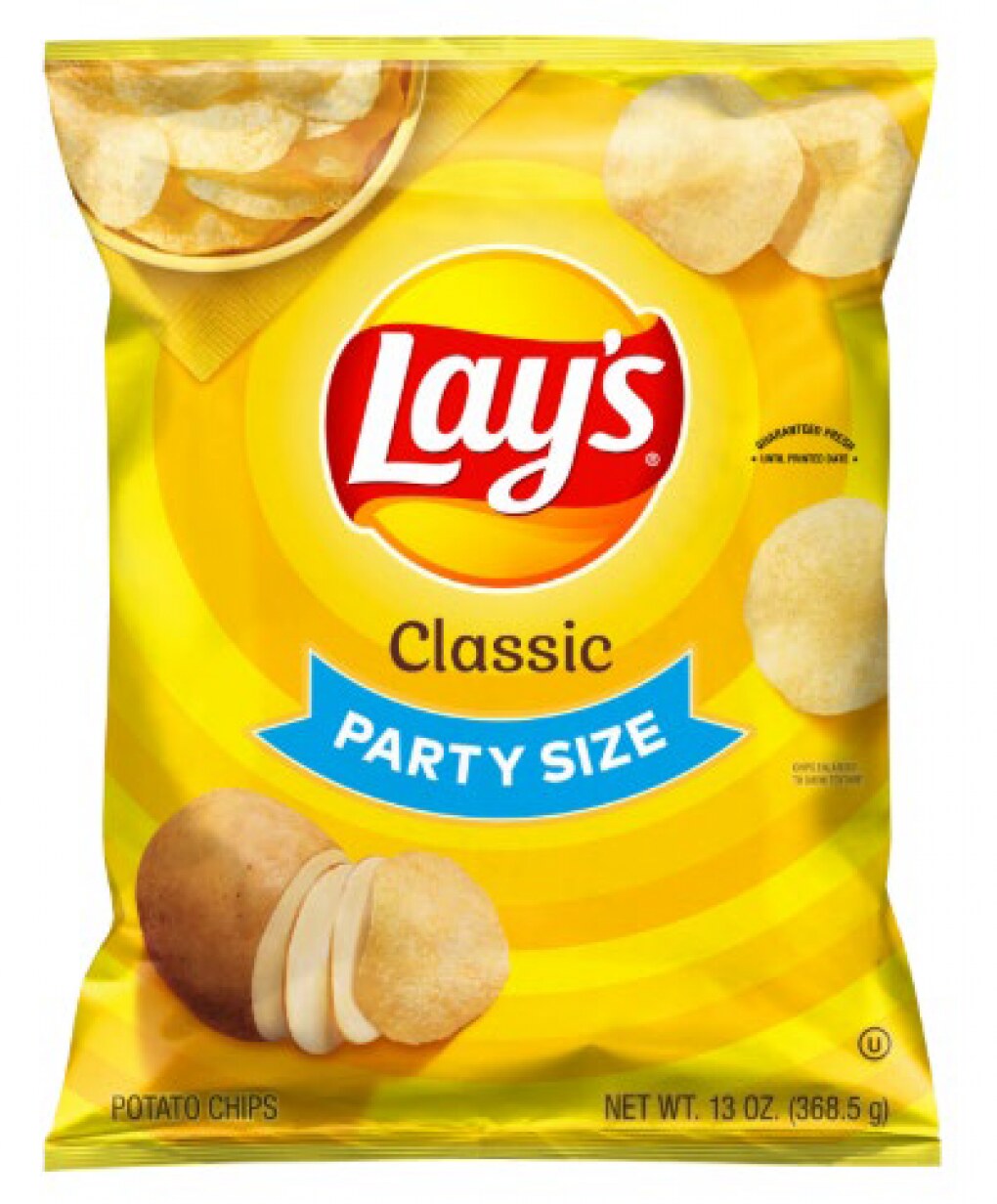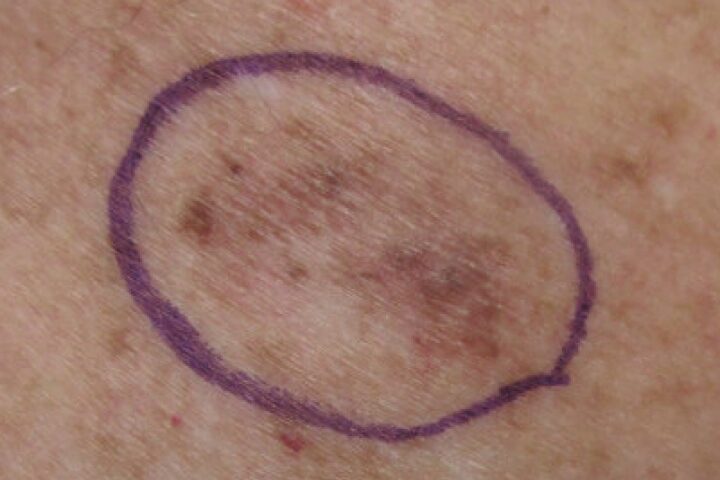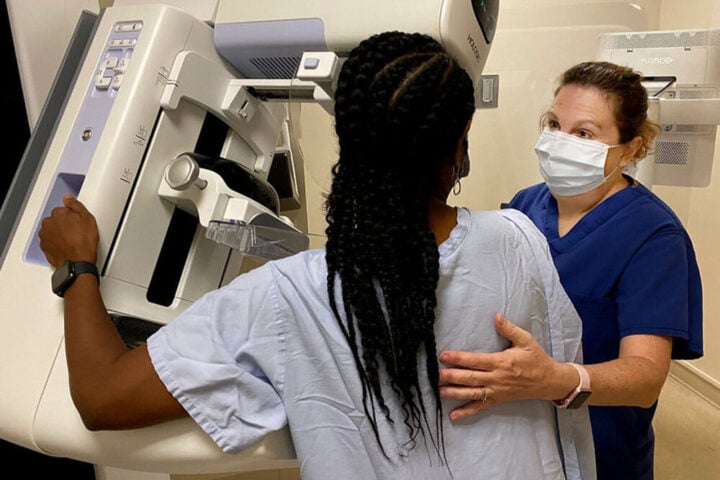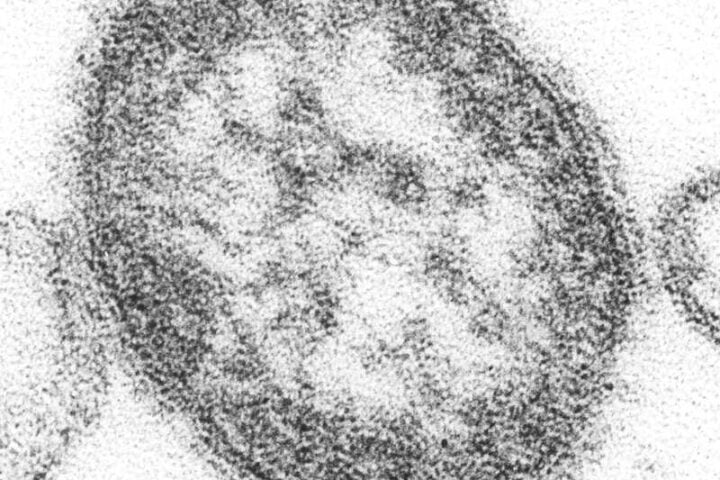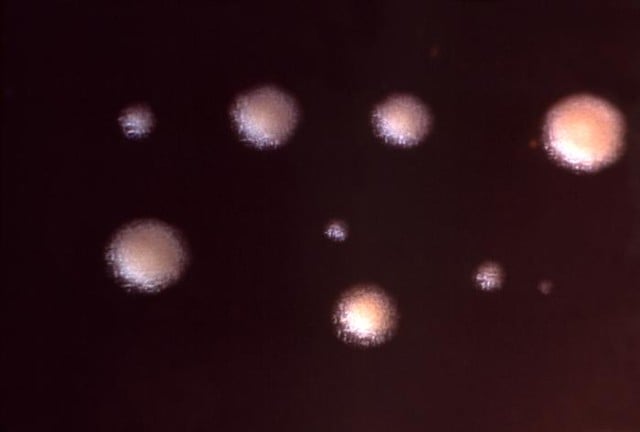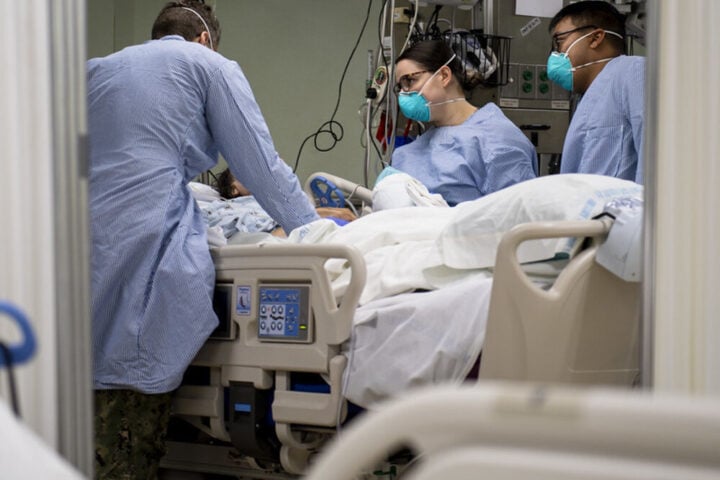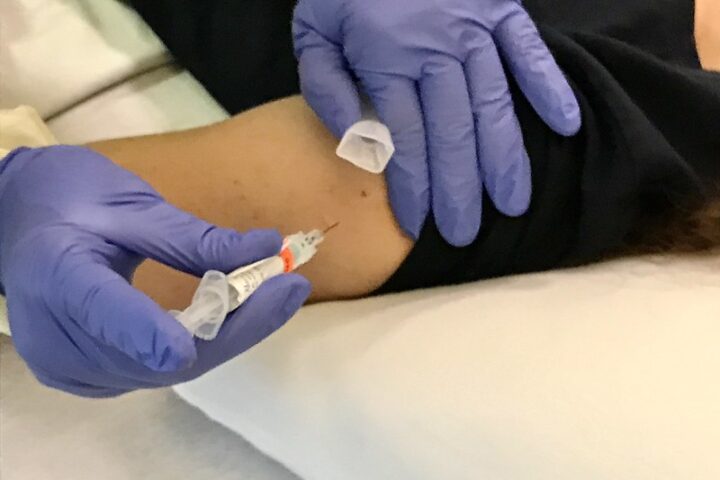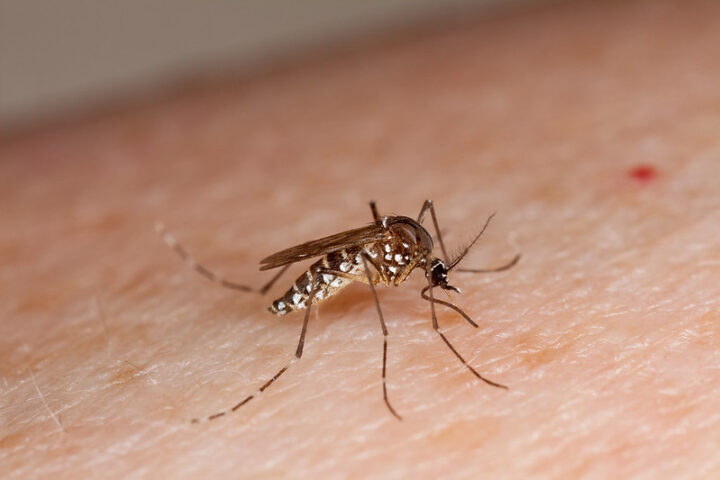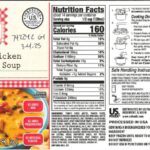A bag of chips could be dangerous for some families. That’s why Frito-Lay recalled over 6,000 bags of Lay’s Classic Potato Chips in December. Now the Food and Drug Administration (FDA) says the situation is even more serious than first thought.
The chips, sold only in Oregon and Washington, contain milk that isn’t listed on the package. For most people, this wouldn’t cause problems. But for someone with a milk allergy, eating these chips could trigger a severe reaction – similar to how a bee sting affects someone allergic to bees.
“This is not a new recall or a change to what was previously announced,” Frito-Lay explained. “The recall was executed in December in full cooperation with the FDA when the issue was identified.”
What makes this recall different is its new Class 1 status, announced January 27, 2025. Think of FDA recall levels like traffic lights. Class 1 is the red light – it means stop everything because there’s serious danger ahead. In this case, eating these chips could send someone with a milk allergy to the hospital or worse.
How do you know if your chips are affected? Look for these three things:
- 13-ounce bags of Lay’s Classic Potato Chips
- “Guaranteed fresh” date of February 11, 2025
- Manufacturing codes starting with 6462307 or 6463307
The good news: no one has reported getting sick yet (as of January 29, 2025). Also, other Lay’s products are safe to eat – this only affects specific bags of the Classic flavor.
Similar Posts
For parents of children with milk allergies or anyone with this condition, checking food labels is as important as looking both ways before crossing the street. Milk is one of eight major food allergens that companies must list on their products by law. When it’s not listed but present in the food, it’s like having an invisible danger in your pantry.
If you bought these chips, you have two options: throw them away or take them back to the store for a refund. Not sure if your chips are part of the recall? Call Frito-Lay at 1-800-352-4477 to check.
This recall shows how one missing word on a label – in this case, “milk” – can make the difference between a safe snack and a trip to the emergency room. While the FDA usually provides more detailed public updates, they’re currently limiting their communications to emergency matters only.
For families dealing with food allergies, this recall serves as an important reminder: always check labels, even on familiar products. Sometimes ingredients can change, or mistakes can happen during production. When it comes to food allergies, it’s better to take a minute to check than risk a medical emergency.
